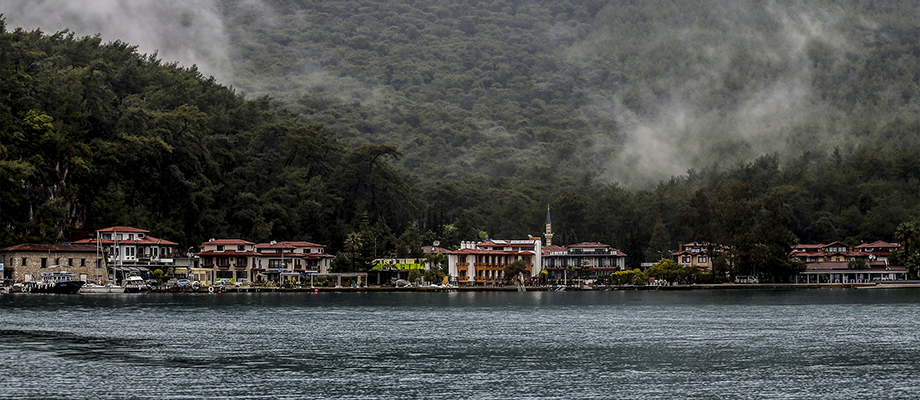Türkiye at a glance
Türkiye, situated at the crossroads of the Balkans, Caucasus, Middle East, and eastern Mediterranean, is among the larger countries of the region in terms of territory and population.
As an upper middle-income country with a growing population of approximately 81 million, Turkey is one of the world’s 20 largest economies. The country is also a significant producer and exporter of agricultural commodities on global markets and is estimated to be the world’s 7th largest agricultural producer, particularly a top producer and exporter of crops ranging from hazelnuts and chestnuts to apricots, cherries, figs, olives, quinces, tobacco and tea.
Historically, the agricultural sector has been Turkey’s largest employer and a major contributor to the country’s GDP, exports and rural development. Although in relation to the industrial and service sectors, share of agriculture has been declining in importance, it nonetheless continues to play a fundamental role in Turkish society, employing about a quarter of the workforce and generating most of the income and employment in rural areas.
The principal objectives of Turkish agricultural policy can be summarized as follows:
- meeting the food security needs of a growing population;
- increasing productivity and reducing vulnerability to adverse weather conditions; improving self-sufficiency levels;
- raising farm incomes and providing more stability;
- enhancing competitiveness;
- developing rural areas;
- ensuring food safety and harmonizing the country’s agricultural and rural development policies and institutions with those of the European Union.
Currently, Turkey hosts nearly 4 million Syrian refugees, the largest number of refugees and asylum-seekers in the world. The country has so far spent more than USD 30 billion from its national resources to help and shelter refugees since the beginning of the Syrian civil war in 2011. Turkey’s response has been exemplary and provided a model to other countries hosting refugees.
The Regional Refugee and Resilience Plan 2019-20 (3RP), which is a 2 year rolling regional response plan, coordinates the plans developed by national authorities of countries impacted by the Syrian refugee crises with development partners' efforts to ensure protection, humanitarian assistance and strengthen resilience. Aligned with this framework, FAO implements the Syrian Refugee Resilience Plan (SRRP) to address the needs of Syrian refugees in Turkey.
The Syrian Refugee Resilience Plan 2019–2020 has been published in April 2019. The SRRP describes FAO’s strategy to (i) address the food security needs of Syrian refugees and vulnerable members of host communities; (ii) enhance the resilience of vulnerable Syrian refugee and host community members by developing sustainable livelihoods through agriculture, and (iii) contribute to integration and social cohesion.
Turkey profile link
http://www.fao.org/countryprofiles/index/en/?iso3=TUR

